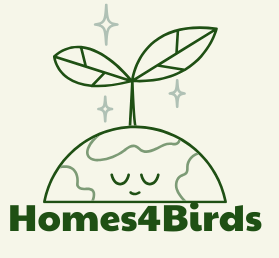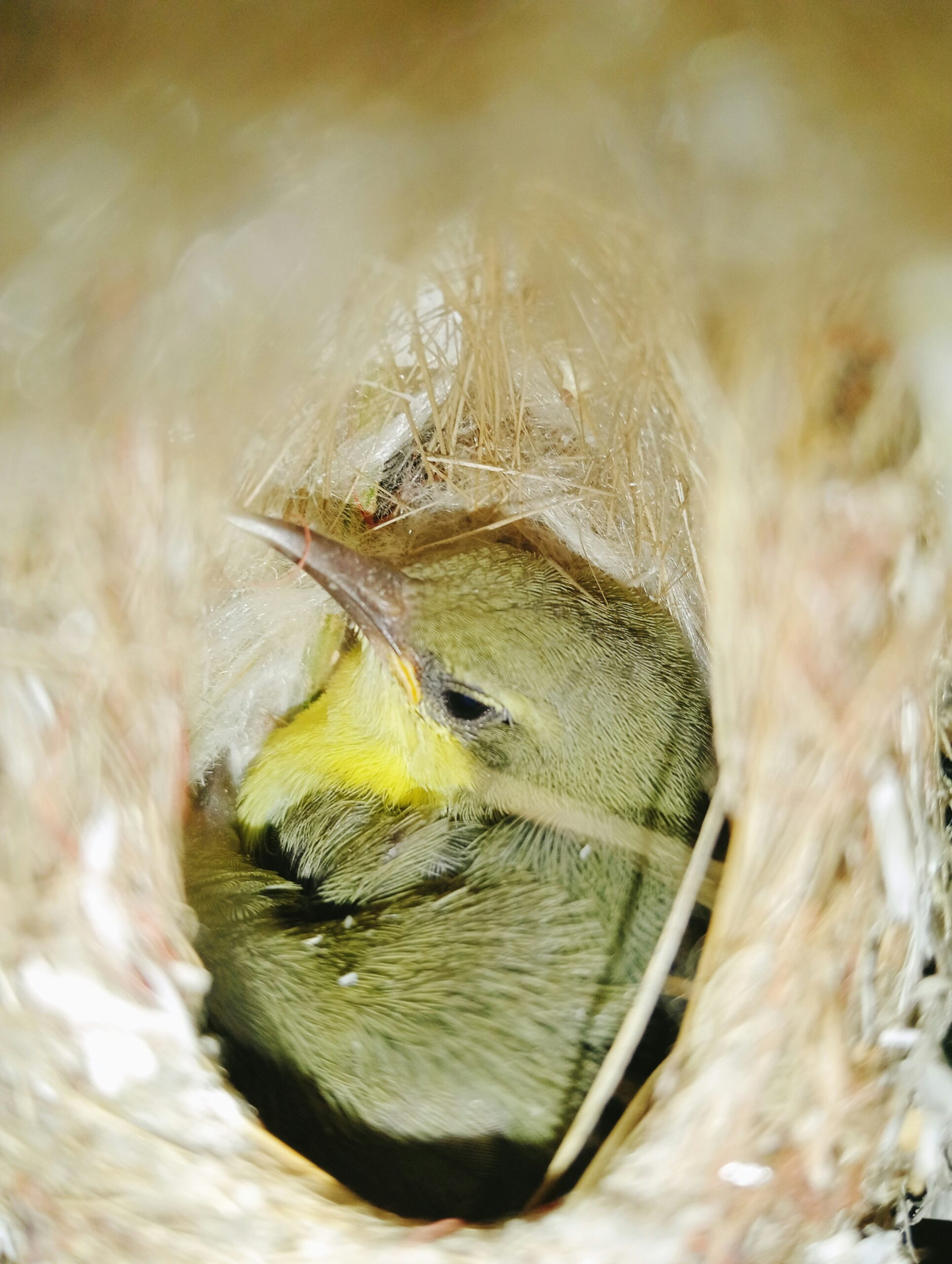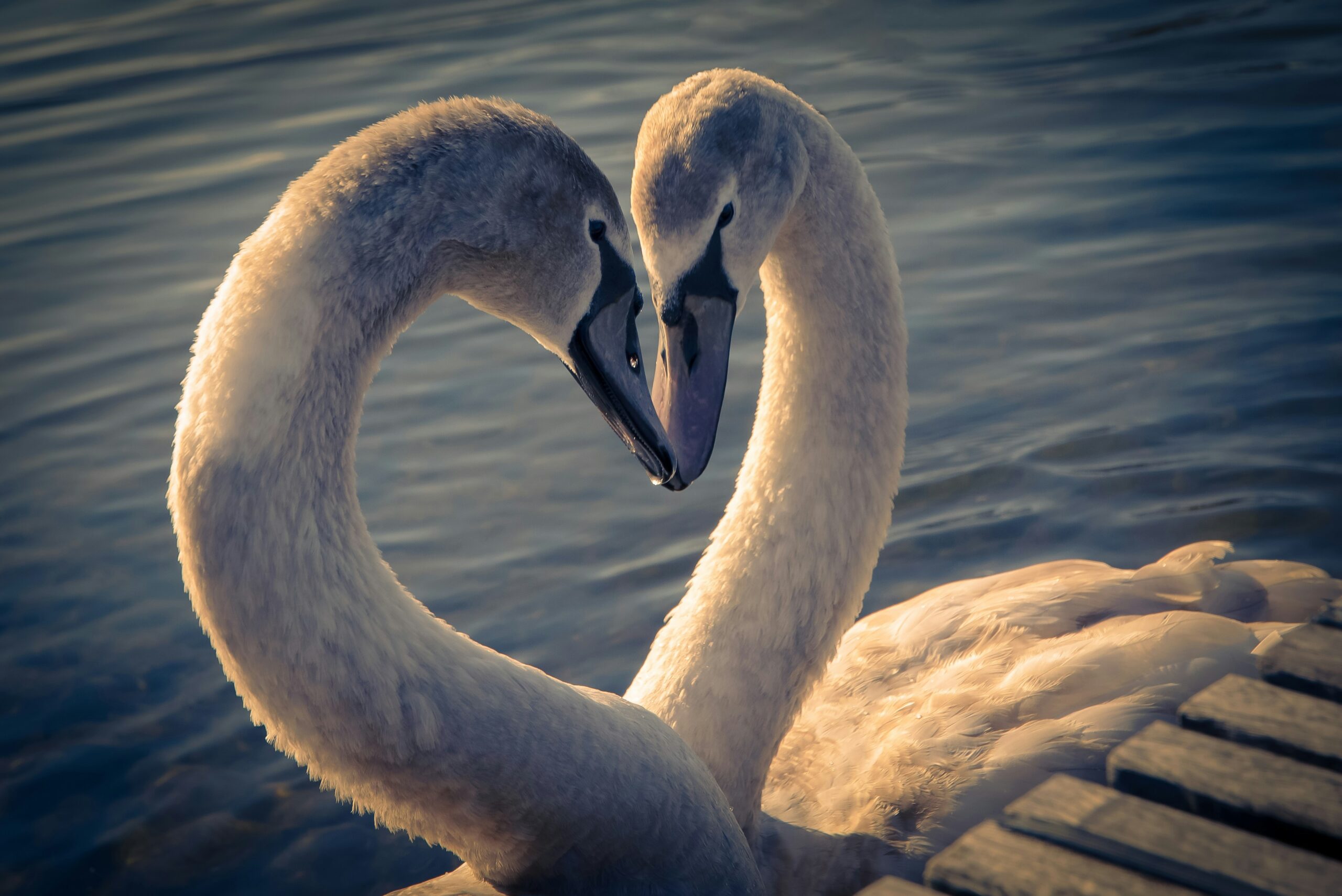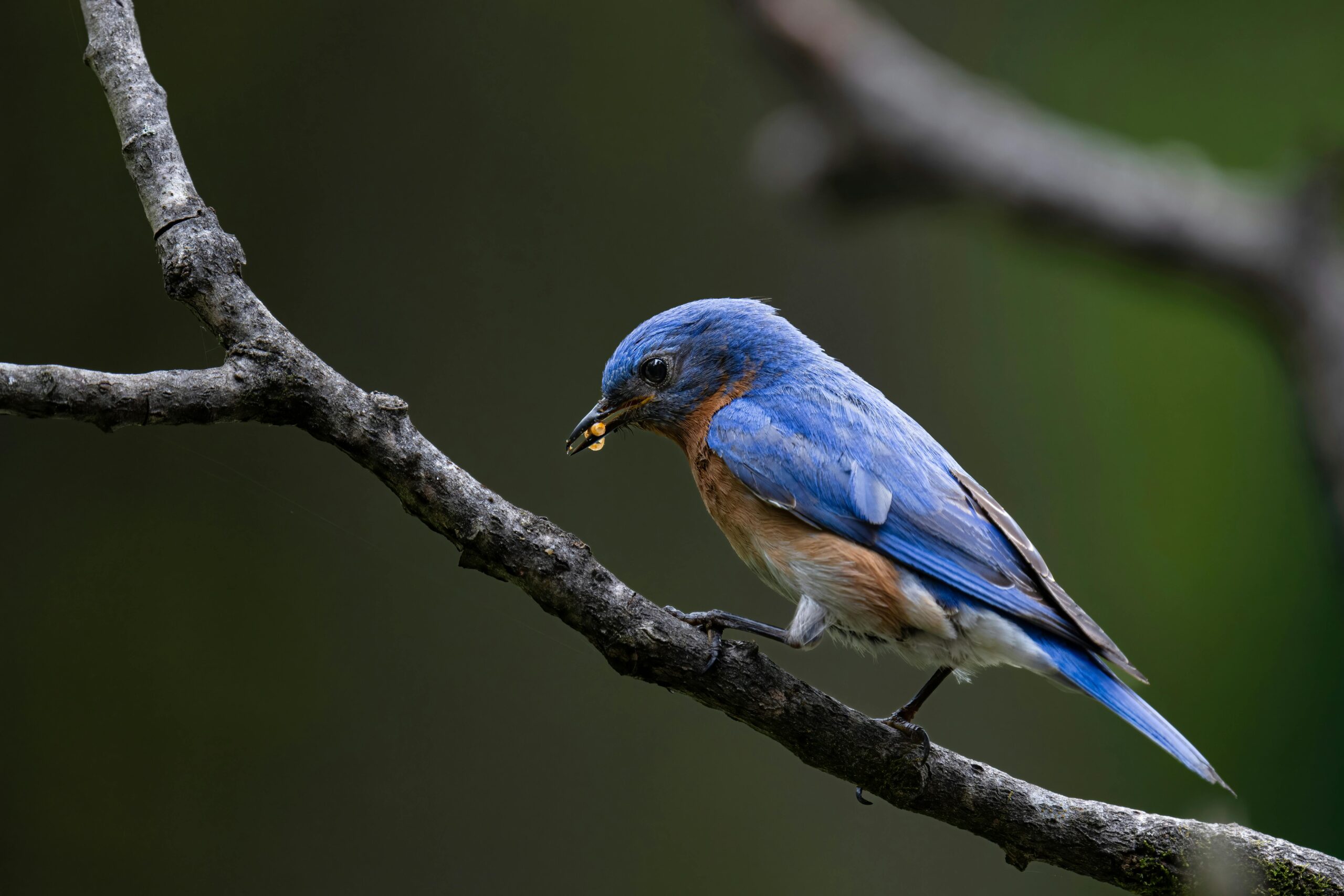It happened on a bright, breezy spring morning. As I walked along a quiet forest trail, the world buzzing softly with life, something caught my eye — a tiny, trembling creature nestled among the leaves. A wild chick had fallen from its nest! In that moment, my heart raced. What should I do? Scoop it up? Leave it? Call for help?
If you’ve ever stumbled across a fragile life like this, you know the rush of emotions. Let me share with you the story of that little bird — and everything I learned about how to help it, safely and lovingly.
First Lesson: Stay Calm and Watch Carefully
My first instinct was to run over. But I remembered something important: sometimes the best help is simply giving space.
I crouched at a distance, watching. The chick had a few soft feathers but still looked so small. Was it hurt? Was it just learning to fly?
👉 I quickly checked the All About Birds on my phone — and learned that many chicks spend time on the ground naturally while fledging.
From my spot among the ferns, I saw no injuries. No cats prowling. No cars nearby. Maybe — just maybe — this little adventurer was exactly where it needed to be.
When It’s Time to Step In
Still, a nagging worry crept in. What if it wasn’t safe?
I approached slowly, talking softly so as not to startle the chick. If I had spotted obvious injuries or danger, it would’ve been time to act.
- Gently, I would scoop it up with clean hands.
- If the nest was reachable, I would have placed it back.
- If not, a small box lined with tissues could become a temporary nest.
👉 I learned later from the RSPB that birds do not reject chicks touched by humans — a myth many of us believe!
Luckily for my little forest friend, no intervention was needed this time. But it felt empowering to know what to do if it had been.
Knowing When to Let Nature Lead

I sat back on a fallen log and waited.
Within minutes, a flutter of wings appeared — a parent bird, food clutched in its beak, scanning the ground. Relief flooded me!
I realized that my stepping in too quickly might have robbed the chick of a vital moment of growth. Young birds need these first awkward days on the ground to build strength and skill.
By giving it space, I honoured its journey — and the quiet work of its watchful parents.
This experience taught me that sometimes the most profound act of kindness is simply trusting nature to do what it does best.
When Expert Help Is Truly Needed
I kept thinking, “What if things had been different?”
If the chick had been injured, I now knew what the next steps would have been:
- Call a licensed wildlife rehabilitator immediately.
- Keep the chick warm, safe, and undisturbed in a ventilated box.
- Avoid trying to feed or water it — that could cause more harm.
And I learned something vital: in many places, it’s illegal to keep a wild bird without special training and permits. Good intentions aren’t enough — expertise is essential for survival.
Creating a Safer World for Baby Birds
As I finished my walk, my mind buzzed with ideas: how could I help prevent chicks from falling into danger in the first place?
Simple steps make a difference:
- Keeping cats indoors during spring and summer, if possible.
- Building safe nesting boxes high above ground.
- Reducing pesticide use to promote healthy, strong chicks.
👉 Check this post for tips on creating bird-friendly gardens and safe outdoor spaces.
I realized that protecting chicks doesn’t start the moment you find one — it begins with the choices we make every day in our own backyards.
A Heart Full of Hope
As I watched the tiny chick and its parent flutter away into the thick green trees, I felt a surge of hope.
There is magic in these moments — in seeing the fragility of life, in learning to trust nature, in stepping in gently when needed, and in walking away when it’s best.
The forest hummed around me as if applauding this small victory. One little life, learning to soar. One heart — mine — a little lighter, a little fuller, and a little more connected to the wonders of the wild world.
👉 Have you ever found a wild baby bird and wondered what to do? Share your story in the comments below — I’d love to hear your experience!




